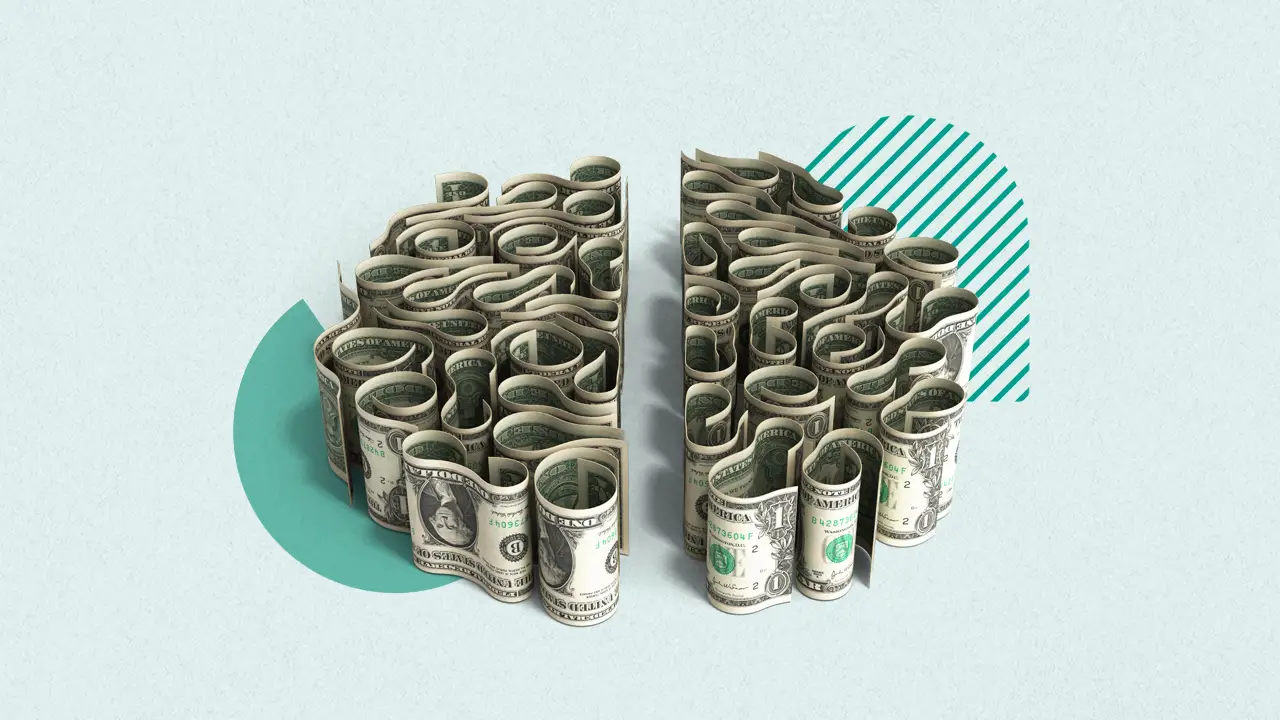The Psychology of Money – Overcoming Common Financial Biases
Morgan Housel provides insight into overcoming any destructive heuristics that prevent you from reaching your financial goals.
People tend to form their understandings about money based on their childhood and family experiences. They may adopt or rebel against their parents’ frugal or extravagant spending patterns.
Confirmation Bias
Confirmation bias refers to our tendency to search out information that affirms our existing beliefs – commonly known as cherry-picking. This SuperSumary describes research conducted on this cognitive bias as well as strategies you can employ in order to overcome it.
Many people strive for financial freedom and believe that wealth will bring them more freedom, better health, a nice home and car, respect from others and an easy lifestyle. Unfortunately, there is also a darker side of wealth: It can lead to lack of empathy, selfish behavior and sense of entitlement among its owners.
Money success requires not just knowledge but behavior as well. Teaching this can be challenging even for those with ample brainpower like Morgan Housel, a partner at The Collaborative Fund and former columnist for both The Motley Fool and Wall Street Journal. His writing has earned multiple awards such as the Society of American Business Editors and Writers Best in Business Award.
Present Bias
When presented with choices, people tend to give more weight to those that come sooner (known as hyperbolic discounting). One such experiment that demonstrates this effect is Walter Mischel’s Stanford marshmallow experiment involving children given two options for immediate rewards or waiting fifteen minutes for two treats; only 75% could resist temptation to immediately consume one treat instead of waiting fifteen minutes and receiving both at once; indicating a human tendency toward immediate rewards over delayed benefits.
Financial success doesn’t just depend on what we know; it also involves how we behave. Overcoming behavioral biases requires acknowledging that choices you make and emotions felt are significant; for instance, mild to moderate levels of anxiety aren’t always bad things – they may help keep you focused and committed to your financial plan.
Emotional Bias
Behavioral finance studies how emotions such as fear and greed, pride and envy influence your financial decision-making. It encompasses several fields within this topic such as Prospect Theory which examines why some individuals frame gains and losses asymmetrically when making risk decisions; Heuristics and Biases which provide shortcuts that lead to cognitive errors; Market Inefficiencies due to Irrational Investor Behavior as well as market Inefficiency where prices do not reflect all available information due to irregular investor activity.
Loss-aversion bias is an emotional bias found among investors who experience twice as much discomfort when losing money compared to joy from making an equivalent gain. Sunk cost fallacy, where individuals refuse to abandon projects or investments that have lost value even when it becomes clear they no longer make sense, can also occur. Overcoming these emotional biases requires setting long-term goals and engaging in self-control; finding balance between immediate satisfaction, saving, investing and risk taking requires awareness. Gaining knowledge of one’s spending habits and becoming conscious when these occur is key to successfully managing money habits over time and over time.
Social Bias
Your family’s stories about money have had an indelible impact on how you perceive and handle it, whether or not you realize it. A turbulent childhood or financial misfortune in your family could cause fearful caution when spending your own money or inspiring a desire to give back while neglecting saving for future needs.
Unconscious biases exist for all groups of people and can range from race or ethnicity, age, gender, sexual orientation, religion, body weight and other attributes. Biases can be overcome through introspection and mindfulness practices such as loving-kindness meditation which reduces stress while creating an increased sense of common humanity.
Understand that emotion and unconscious biases aren’t bad; however, they may prevent you from making optimal decisions in both your personal and professional life. Recognizing and harnessing emotional and financial mindset can help achieve goals more efficiently; self-awareness can assist with conscious decision-making in this endeavor.












